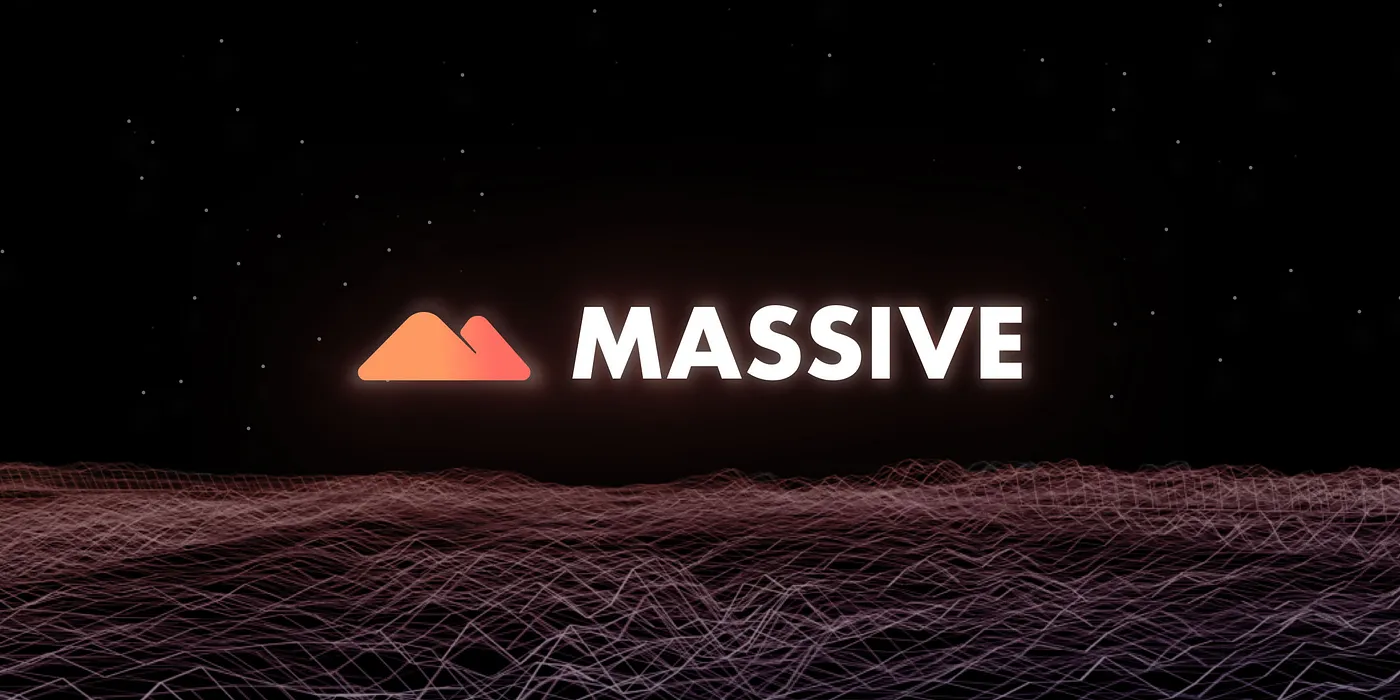

This blog post will deviate a bit from the usual content and may sound somewhat promotional. However, I believe it's essential to share this vision of Massive's potential, which has been my perspective since joining the company. It's also a topic that captivates many of my friends and family when I discuss what Massive does.
As the Director of Compliance at Massive, I am frequently tasked with reviewing new partner applications to ensure they meet our stringent compliance standards. In my downtime, I often enjoy using my tablet to play simple or nostalgic games, such as pinball, submarine hunting, or puzzle games that don't require much mental effort. However, it frustrates me, both personally and professionally, when I have to watch an ad after every level to continue playing. These ads not only inject computer code into my tablet (potentially compromising it and delivering malware) but also consume precious time (I might only have ten minutes to play and don't want to spend four of those watching ads).
Imagine my delight when I was asked to evaluate a new game designed for tablets. During my review, I ensured that the opt-in screen couldn't be bypassed, that all crucial questions were asked and presented appropriately, and that other concerns were addressed. I also played through the game several times. It was a joy. I played through the first stage, made a few merges, and progressed to the second stage. It was the gaming experience I had always wanted. To perform my duty and due diligence, I did a clean install and opted for the ad-supported model instead of Massive. There they were—the annoying pop-up ads, the interruption of the game's flow, the very things that annoyed me most about playing ad-supported games. I knew we had the potential to address issues many casual gamers were concerned about.
For the longest time, ad support has been the primary way many developers could monetize their apps. This is especially true when most people want to try an app before committing to it or prefer not to pay upfront. There are also concerns about paying for a game only for the developer to abandon it shortly after. Developers can't survive by giving away their creations for free, and most are not large software companies. Everyone deserves to profit or at least earn something from what they create. Consequently, they turned to the ad-supported model to subsidize their income and development costs. This model is not platform-dependent; it's the same on Windows, Android, and Apple devices.
Ad services for developers have become a significant business, primarily controlled by two large corporations. If you want to use these services, you have limited input regarding the service and even less control over what they deliver to your app once you've integrated ads. Security vendors often categorize ads as adware due to their potential for abuse and compromise. Ads are not a perfect solution in anyone's book, but they have been the only solution available until now.
Massive offers an alternative monetization mechanism to ads. Unlike ads, Massive is not intrusive to the end user and does not push a stream of content updates for every new ad, making it more secure and privacy-conscious. Users agree to share idle resources, such as network bandwidth (carefully checked to avoid using metered connections) and CPU cycles. These resources are then used to offer services to vetted companies for purposes like network security and business intelligence collection. The client is sandboxed, meaning it doesn't gain access to sensitive information on the device or monitor user activities. The only monitoring is for network health and ensuring it isn't consuming too many resources. We don't hide from the user and require them to opt-in, but at the same time, we aim for them not to notice we're running in the background. This approach allows users to decide if they want to upgrade to a paid version of the app or continue using the subsidized version. Either way, the developer gets paid, creating a win-win situation for both developers and users.
As an employee, I know I may be biased, but now that we can support Android, Firestick, Apple, and Windows, I'm eager to reach out to some of my favorite game developers and encourage them to give Massive a try. I hope this insight will also encourage other casual gamers to reach out to their favorite developers and ask them to investigate moving away from intrusive, insecure ads to a more user-friendly monetization model.
Customer reviews
Frequently Asked Question
+
+
+
+
+
+
+
+
+
+
Discover your ideal proxy
Loading...
















